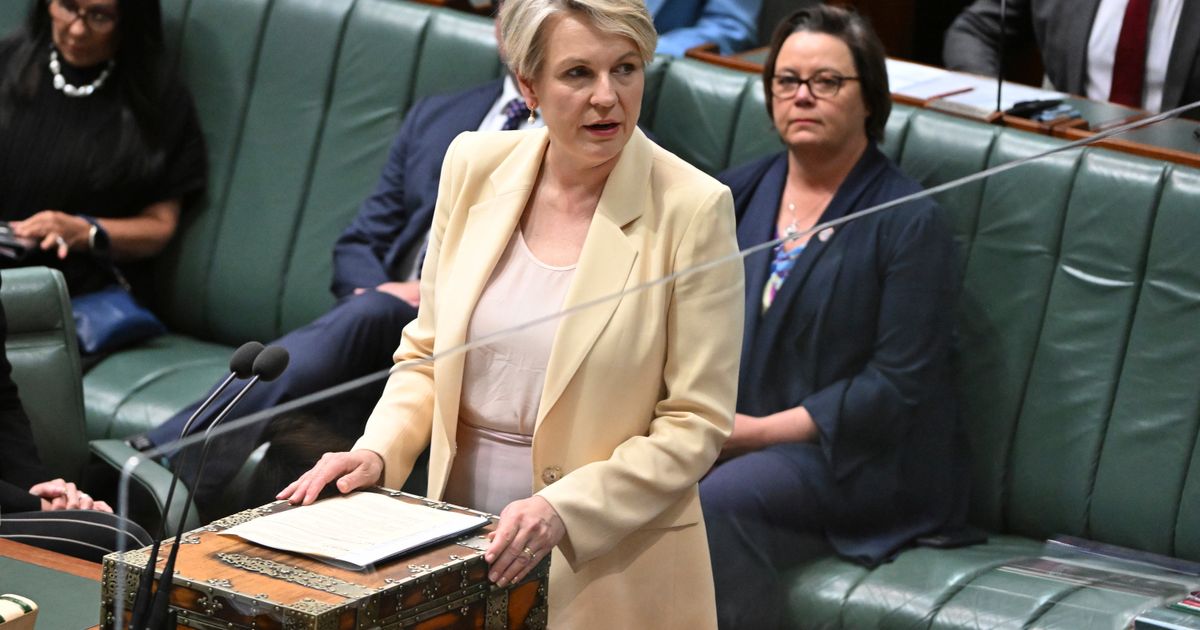CANBERRA, Australia (AP) — An Australian minister compared a mining company undermining ancient rock shelters to the Taliban’s destruction of giant Buddha images and vowed Thursday to improve protections for indigenous cultural heritage.
Environment Minister Tanya Plibersek said Rio Tinto acted legally in 2020 when it destroyed two rock shelters in Jukan Gorge in Western Australia that had been inhabited for 46,000 years.
She said Australia’s laws would be updated to prevent such destruction of indigenous sacred sites from happening again.
“It is inconceivable that any culture would knowingly destroy Stonehenge, or the Egyptian pyramids, or the Lascaux caves in France,” Plibersek told parliament.
“When the Bamiyan Buddha statues were destroyed in Afghanistan, the world was rightly outraged. But that’s exactly what happened in Yuukan Gorge,” she added.
Two 1,500-year-old giant Buddha statues carved into a cliff face in Afghanistan’s Bamyan Valley were destroyed by the Taliban in 2001 because the statues were considered idols.
Rio Tinto destroyed caves that contained artifacts tens of thousands of years old to gain the cheapest access to iron ore reserves. The Anglo-Australian company’s chairman, chief executive and two other executives have lost their jobs following outrage over the collapse.
Plibersek has committed her government to developing new laws with the First Nations Heritage Alliance, a group of 30 indigenous organizations, to better protect their cultural heritage.
Her centre-left Labor government, which replaced the previous Conservative administration in May’s election, also reacted to the interim and final report of the parliamentary inquiry into the Yuukan Gorge disaster.
The government accepted all but one of the report’s recommendations. The report calls for the Minister of Indigenous Affairs to have ultimate responsibility for the protection of cultural heritage. The government would have preferred Plibersek to take responsibility and the matter to be resolved in discussions with the Indigenous Alliance.
Jamie Lowe, chief executive of the National Indigenous Title Council, which represents Australia’s traditional land owners, welcomed the government’s promised changes, which he said were long overdue.
“The disaster, destruction and act of violence against the Juukan Gorge and the PKKP people about two years ago is something that happens to our people on a regular basis, and the need for comprehensive national reform is something that has been a priority for our people for decades,” Lowe told the Australian Broadcasting Corporation, referring to the Puutu Kunti Kurram and Pinikura people, the traditional owners of the gorge.
PKKR Aboriginal Corp. stated that the government did not respect the traditional owners of the demolished caves and did not properly consult them. “We would expect the minister to want to meet with us before making a public statement about our country and cultural heritage,” the Corp chairman said in a statement. Burchell Hayes.







